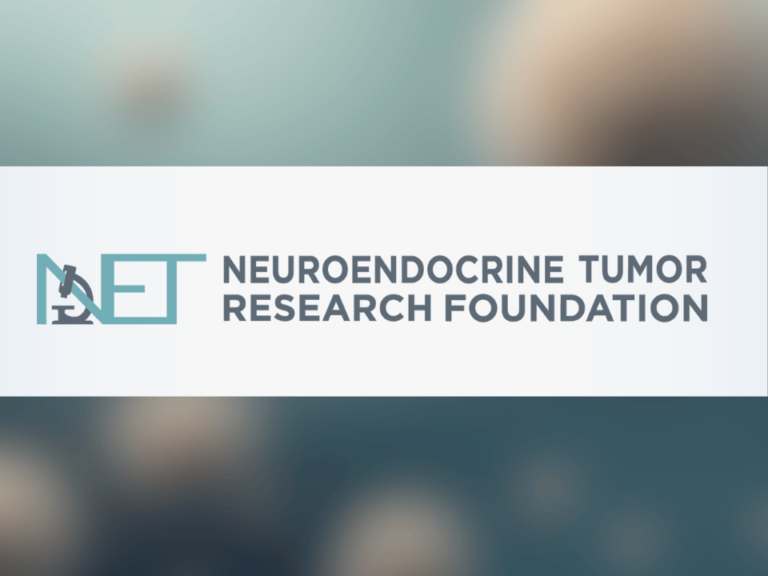UCLA Health Jonsson Comprehensive Cancer Center researchers have identified a protein, UCHL1, in highly aggressive neuroendocrine carcinomas and neuroblastoma that could potentially be used as a molecular biomarker for diagnosing these cancers and predicting and monitoring responses to therapy.
To access this subscriber-only content please log in or subscribe.
If your institution has a site license, log in with IP-login or register for a sponsored account.*
*Not all site licenses are enrolled in sponsored accounts.
Login Subscribe
If your institution has a site license, log in with IP-login or register for a sponsored account.*
*Not all site licenses are enrolled in sponsored accounts.
Login Subscribe







